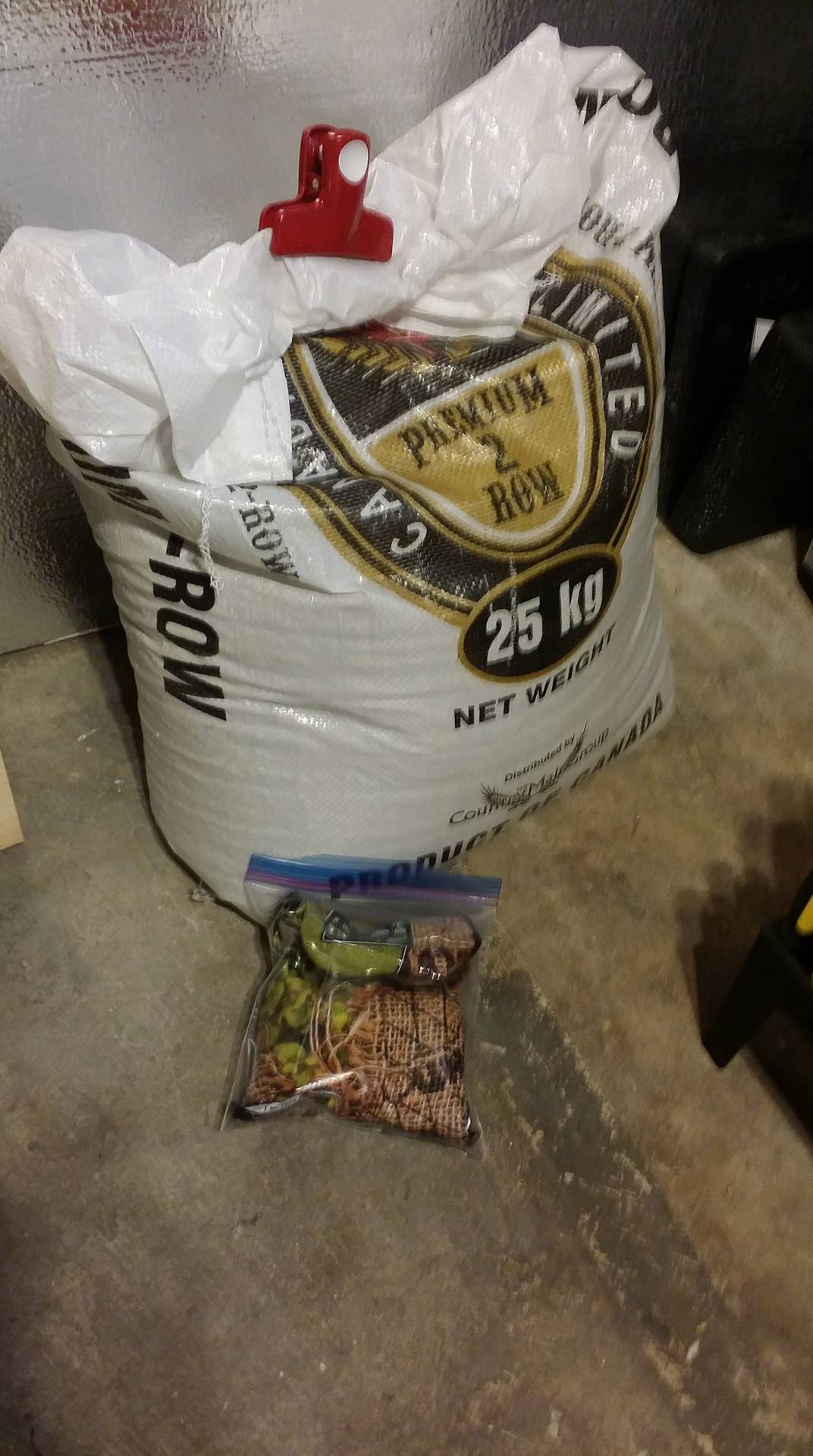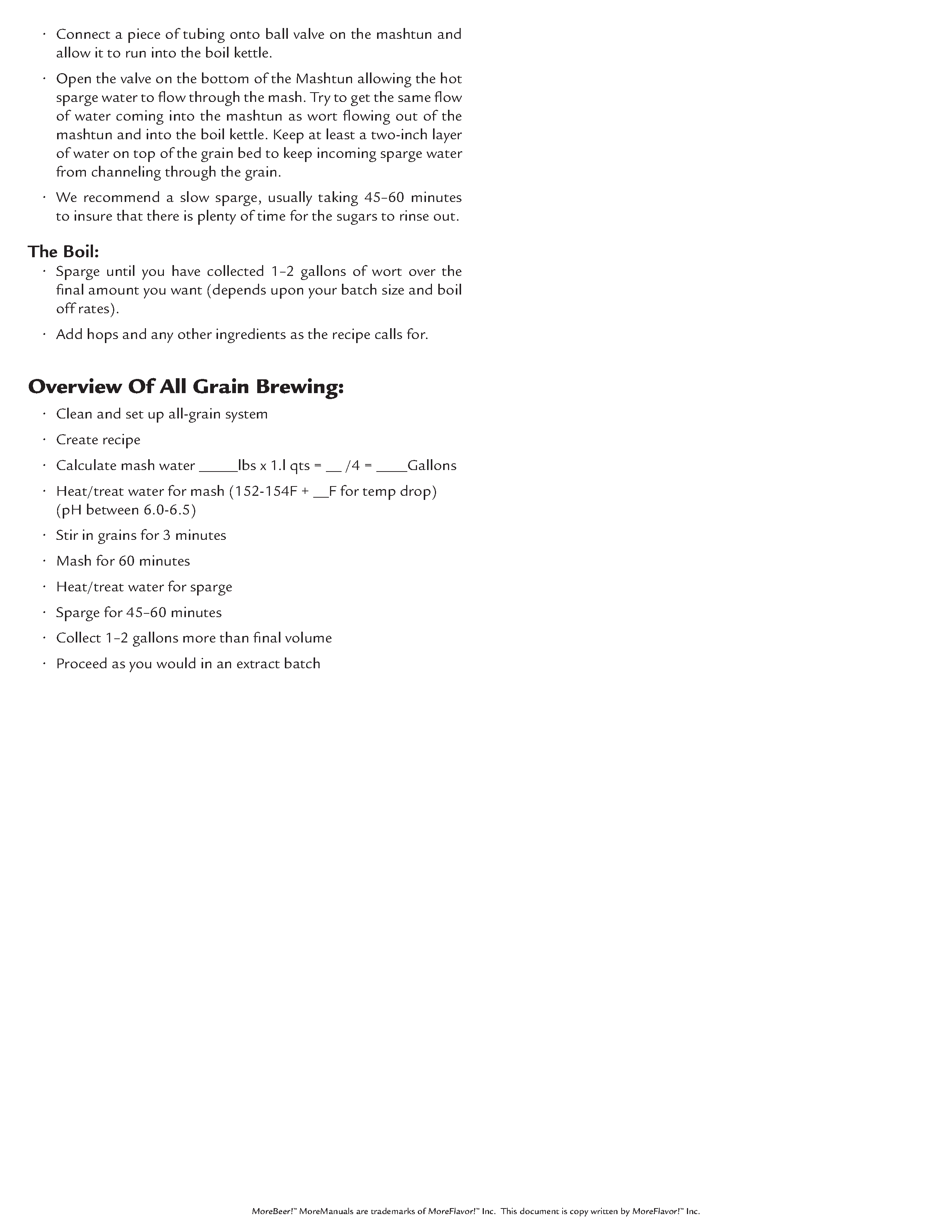BrewingNoobing
Active Member
- Joined
- Jul 10, 2019
- Messages
- 26
- Reaction score
- 3
Hey guys, I just tried my first SMASH home brew (I've done from a bag a few times, but never from scratch) a few days ago and unfortunately I checked on it today and it was disgusting. A film layer on the top, I believe some mold formed too. I had to dump it out.
Before trying again I'd like to try to figure out everything I did wrong. I'm going to post here everything I did along with a few questions at the bottom, I'm hoping some novice/experts here can help me out;

Steps I took:
Cleaned & Sanitized all equipment
Heated up 6.5L of tap water (stove top)
Poured 5.5LBs of 2 row malt into a grain bag
Put that grain bag into the boiled water
Added some hops directly into the grain bag
Kept temperature around 151 degrees for 1 hour
After 1 hour was up, added more hops
Sparged using 8.5L of tap water
Poured the mash into a fermenting bucket. Lid was loosely on top
repeated process (I halved a recipe, since my pot is small). Combining 2nd batch with the first
Questions:
Was tap water okay to use? Where I live the tap water is what we drink.
Should I have cleaned/washed the malt beforehand?
Did I add the hops properly (Straight into the grain bag) If not, could that have been part of my issue?
Before trying again I'd like to try to figure out everything I did wrong. I'm going to post here everything I did along with a few questions at the bottom, I'm hoping some novice/experts here can help me out;

Steps I took:
Cleaned & Sanitized all equipment
Heated up 6.5L of tap water (stove top)
Poured 5.5LBs of 2 row malt into a grain bag
Put that grain bag into the boiled water
Added some hops directly into the grain bag
Kept temperature around 151 degrees for 1 hour
After 1 hour was up, added more hops
Sparged using 8.5L of tap water
Poured the mash into a fermenting bucket. Lid was loosely on top
repeated process (I halved a recipe, since my pot is small). Combining 2nd batch with the first
Questions:
Was tap water okay to use? Where I live the tap water is what we drink.
Should I have cleaned/washed the malt beforehand?
Did I add the hops properly (Straight into the grain bag) If not, could that have been part of my issue?
Last edited by a moderator:




